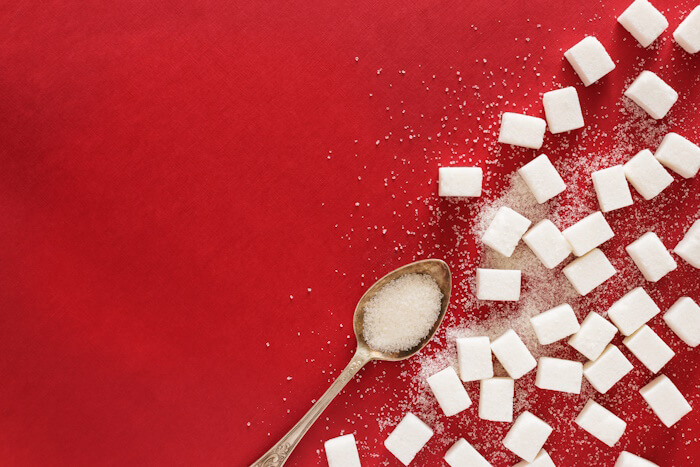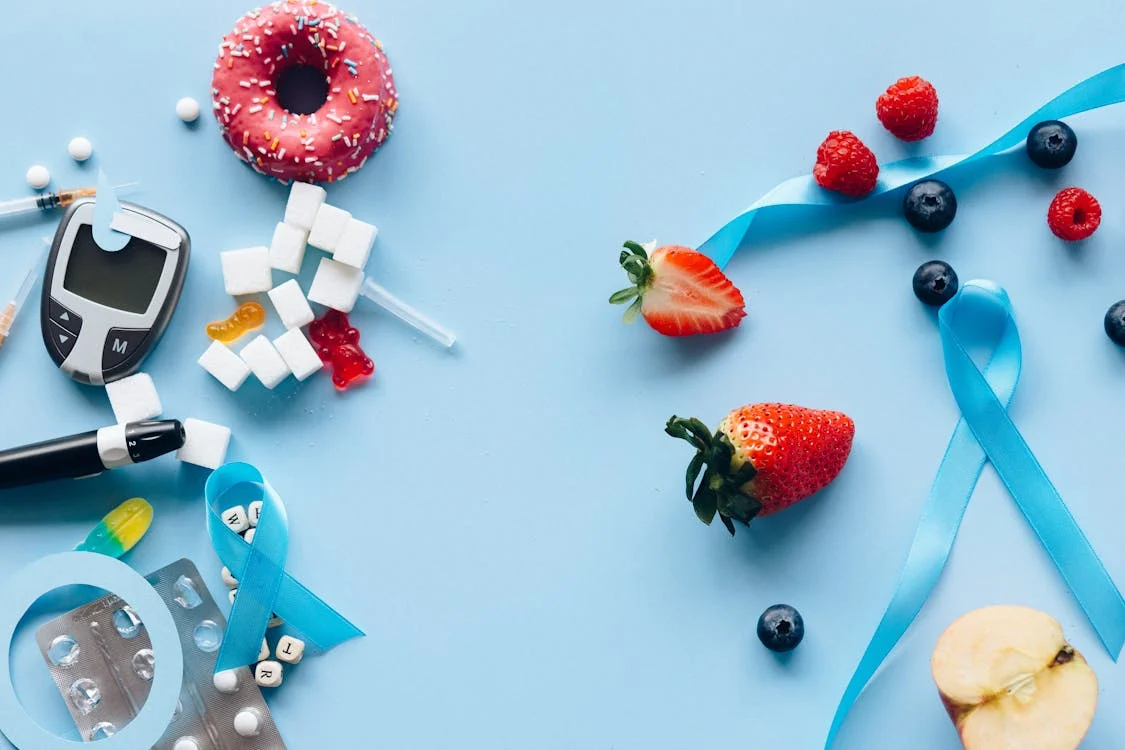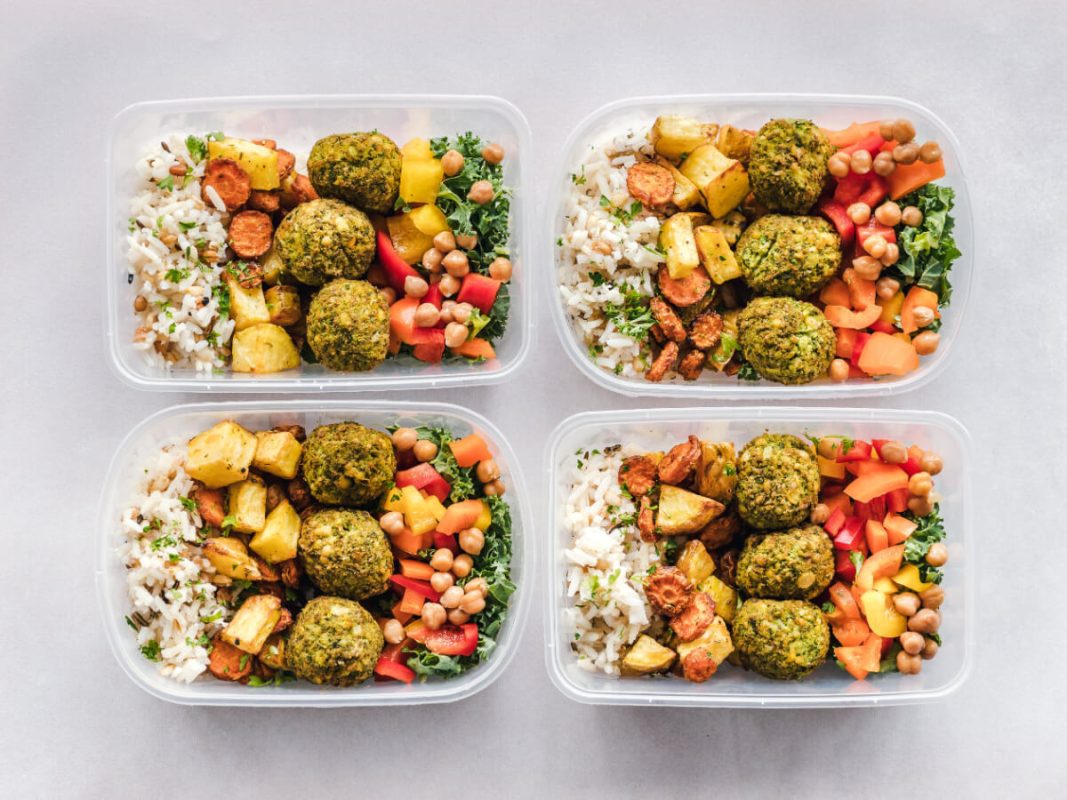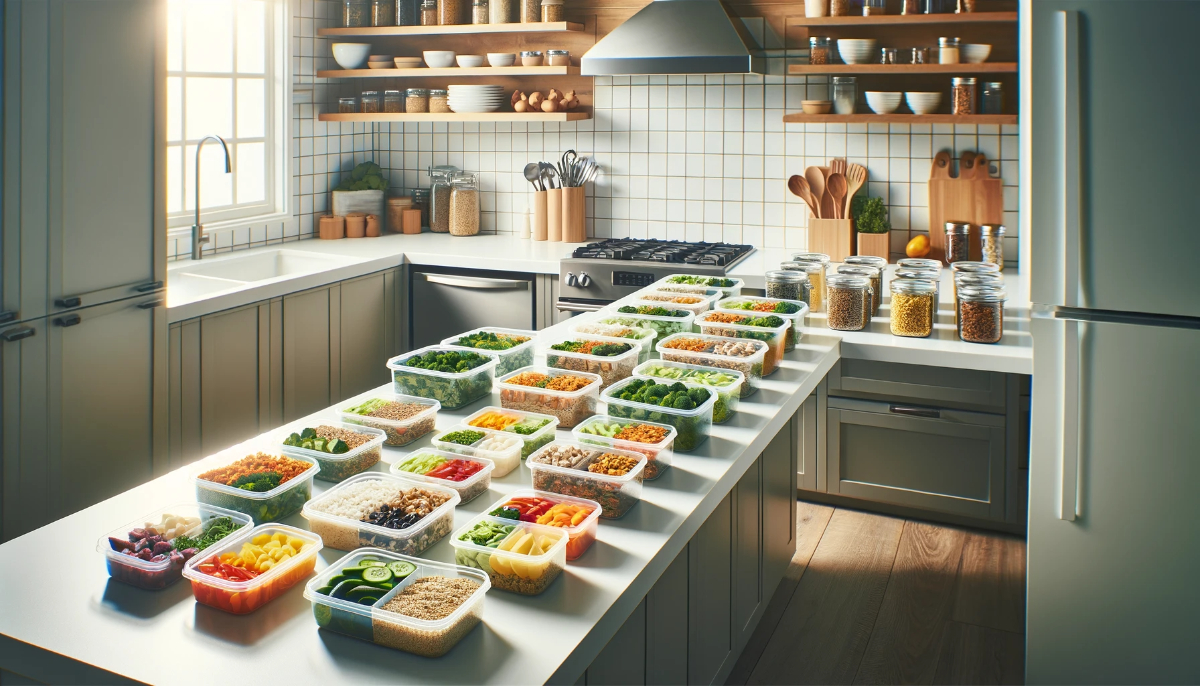Sugary foods are a mainstay in plenty of people’s diets. Because of the prevalence of processed foods and junk food, you are likely to have too much sugar in your diet even if you don’t think you have a sweet tooth.
Although there are actually some types of cholesterol that are essential for your body, the biggest issue people face is elevated bad cholesterol. This is called low-density lipoprotein (LDL) and is responsible for health issues like heart disease, stroke, and inflexible arteries.
Studies from the biology research journal BMC outline that around 39% of the global population experience high LDL levels. This prevalence only continues to grow in 2023, with around 4.4 million deaths every year caused by high cholesterol.
These statistics may seem scary, but this is what makes it so important to know exactly what causes it and how to avoid it. With sugar being one of the most consumed products in the world at roughly 180 million metric tons in 2023, it’s worth looking at why you should start curbing that sweet tooth.
Why Sugary Food Can Be Bad for You
As delicious as sugar can be, the reality is that too much of it is bad for you in more ways than one. It can lead to dental issues, excessive weight gain, energy fluctuations, uncontrollable cravings, diabetes, metabolic problems, and, yes, high cholesterol.
Zocdoc’s article on sugar intake and cholesterol reveals that consuming too much sugar causes your body to produce more LDL. Your body feels the need to compensate for the consumption and, in turn, creates an excess of bad cholesterol. On top of that, it also starts lowering the good cholesterol that your body actually needs. So, the more you eat sugar, the higher the nasty stuff and the lower the good stuff.
Medical reviews have found the worst culprits to be refined fructose and sucrose. You may expect to find these in the likes of baked goods and sweets, but it’s not just exclusive to candy and pies. Canned fruit, low-fat yogurt, maple syrup, and ketchup are also big entries on this list. Most importantly, you’ll need to be mindful of processed food that contains lots of table sugar unbeknownst to most people.
While junk food and soda are the poster children for processed food, there’s more you’ll need to avoid. As covered in our guide to ‘What is Processed Food and How You Should Avoid It’, a lot of processed food that contains sugar and additives are bread, cheese, canned tuna, pasta sauces, microwavable meals, hot dogs, and sweetened fruit juices. On top of the cholesterol elevation, these sugary processed foods also lead to chronic health problems and even nutrient deficiencies.
What Sugary Food Will Do for Cholesterol

As we’ve previously mentioned, sugary food can impact your cholesterol levels by affecting your lipids and making your body reduce its production of good cholesterol. Aside from that, though, there’s also the issue of high-sugar diets causing weight gain and excess triglycerides. With those two issues present, your cholesterol starts affecting your arteries.
High-fructose food increases your triglycerides, making your HDL (good cholesterol) go down. Studies from the European Heart Journal have shown that people experiencing excess triglycerides are also more susceptible to elevated LDL and require further intervention to manage cardiovascular risk.
In addition to that, sugar causes unhealthy weight gain not just based on consumption. Even if you don’t overeat, constant consumption of high-sugar food and drink signals your body to store excess sugar in the body. Because the organs and muscles can only store so much, anything more automatically turns into fat. This in itself can already cause a host of problems, but it also increases your risk of increased LDL levels and lower HDL levels.
According to the Centers for Disease Control and Prevention, obesity is linked to alarming bad cholesterol levels. A study from the National Library of Medicine also notes that around 42.9% of young patients who are obese have dyslipidemia. This means that lipids are imbalanced, so either your LDL is high, your HDL is low, or both.
In truth, there is no scenario where the consumption of sugar benefits your body in terms of cholesterol. This doesn’t mean that you need to completely cut out all kinds of sugar, since the body still needs glucose to function properly. That said, the American Heart Association has found evidence that the body doesn’t really need added sugar from the table just to function. A healthy individual should be able to get naturally occurring sugars from unprocessed fruits, milk, and vegetables.
Sugar simply affects your cholesterol negatively either directly or indirectly. If it’s hard to avoid all sugar from your diet, simply take note that the World Health Organization recommends that adults consume a maximum of 10 teaspoons of sugar per day. That equates to roughly 50 grams.
How to Avoid Craving Sugary Food

If you find yourself craving sugar too often, you may either have a blood sugar imbalance, nutrition deficiencies, or a sugar addiction. It’s important to get the proper checkups and blood tests necessary so you can identify the exact cause of your cravings before moving forward. This way, you’ll know exactly what treatment and healthy food you need to stay healthy and avoid sugary food.
It doesn’t have to be a world of suffering, either. These ‘6 Healthy Sugar Alternatives for Coffee, Tea, Cakes, and More’ include honey, stevia, and coconut palm sugar, among others. All of these have their own flavor profiles that you can choose from depending on what you prefer. The word “substitutes” has that stigma of feeling like it’s not the real thing, but choosing healthier ways to hit those sweet cravings can make the change more sustainable for you in the long run.
It’s also good to remember that eating healthy without those unhealthy sugary snacks can still be delectable. Some of the ‘Tips to Eat Healthy With a Busy Lifestyle’ that we live by include packing delicious lunches and making healthy swaps. A healthy swap can be something as simple as swapping out oil frying for air frying, and skipping that slice of cake to opt for a fresh bowl of berries.
You’ll often find that your body can crave sugar when it lacks enough nutrients and energy, so you can abate these cravings by making sure you are hydrated and eating balanced meals with the right amount of macronutrients. There’s so much good food out there that you’d be surprised at how many delectable recipes you can find without sugar.
If you have a case of sugar addiction, it’s also worth taking the time to address the behavioral or emotional elements that make you want to go for something sweet. “Addiction” may feel like an intense way to describe something as seemingly harmless as sugar, but countless studies have linked it to be as addictive as cocaine. The Journal of Nutritional Neuroscience even notes that individuals may feel the same kind of withdrawal from sugar as they would from substance abuse.
The Neuroscience & Behavioral Reviews journal has also found that many people revert to sugar binges because of the dopamine hit that it provides. This applies to both excessive and intermittent sugar intake, so it’s important to actively work on your self-discipline and find other means of activating those neurons. Sometimes, it’s just about identifying your triggers, avoiding those, and finding a support system that can steer you toward healthier habits like more water intake, good protein, and proper sleep.
It may feel difficult to deal with at first, but it’s worth clearing your lifestyle of sugary foods for the many health benefits and better cholesterol management.





